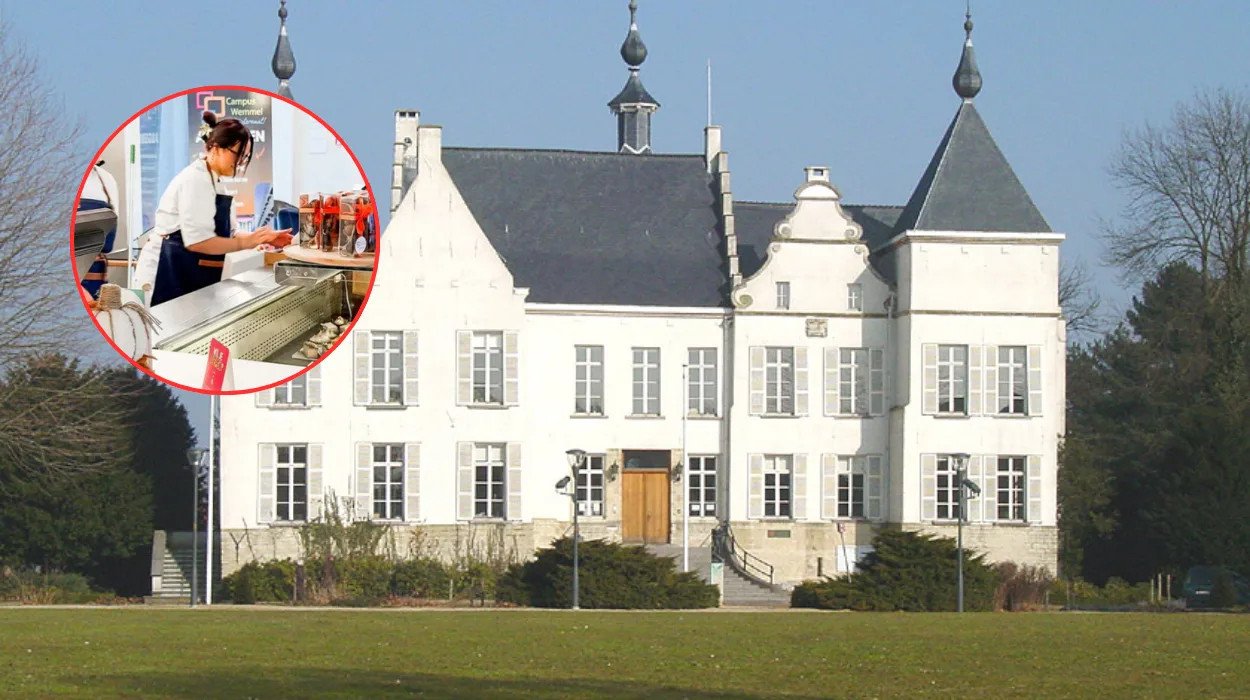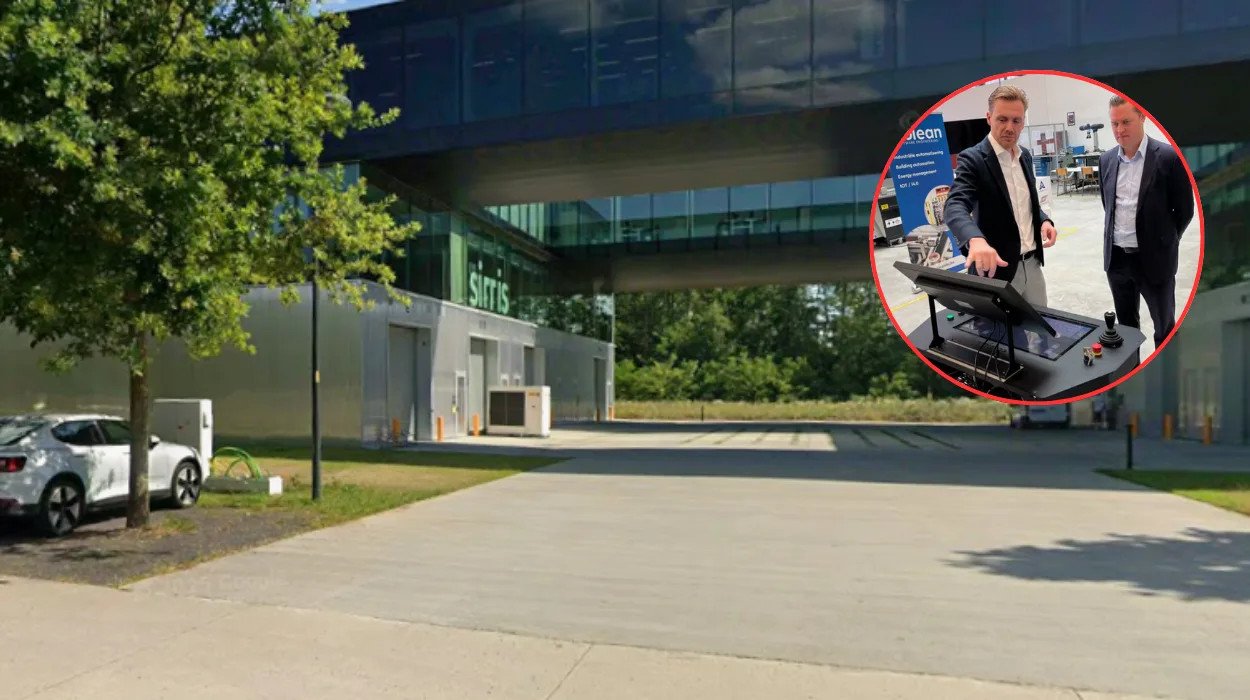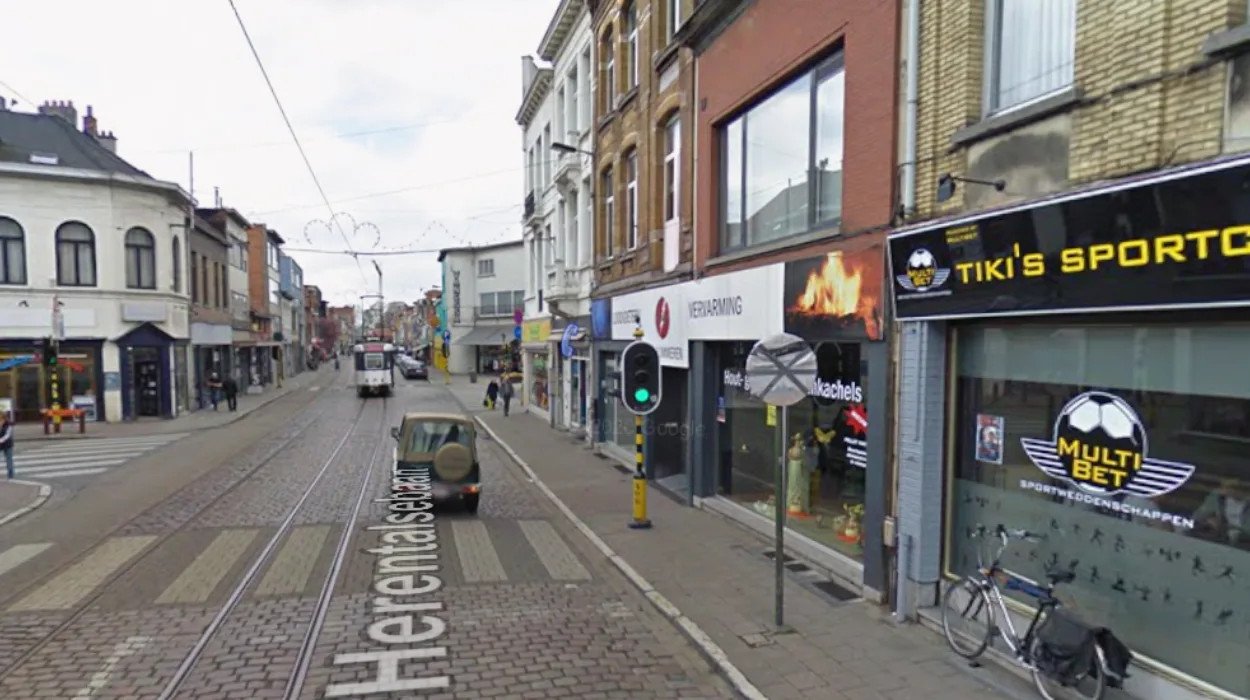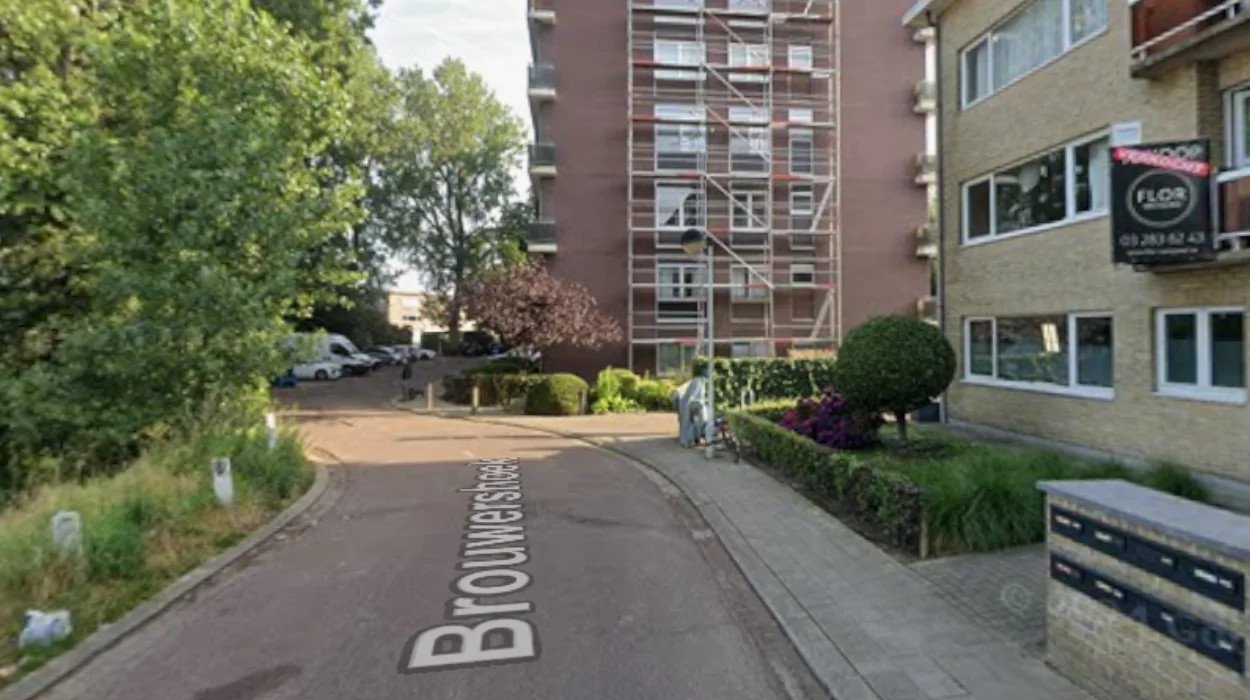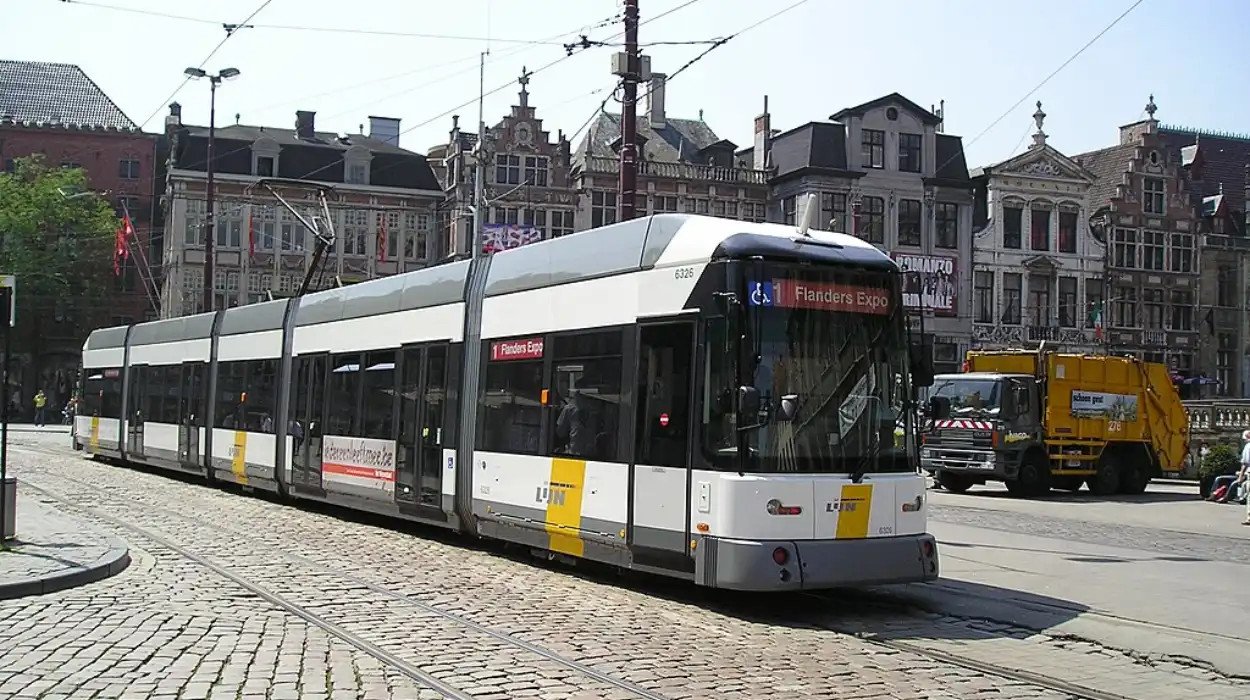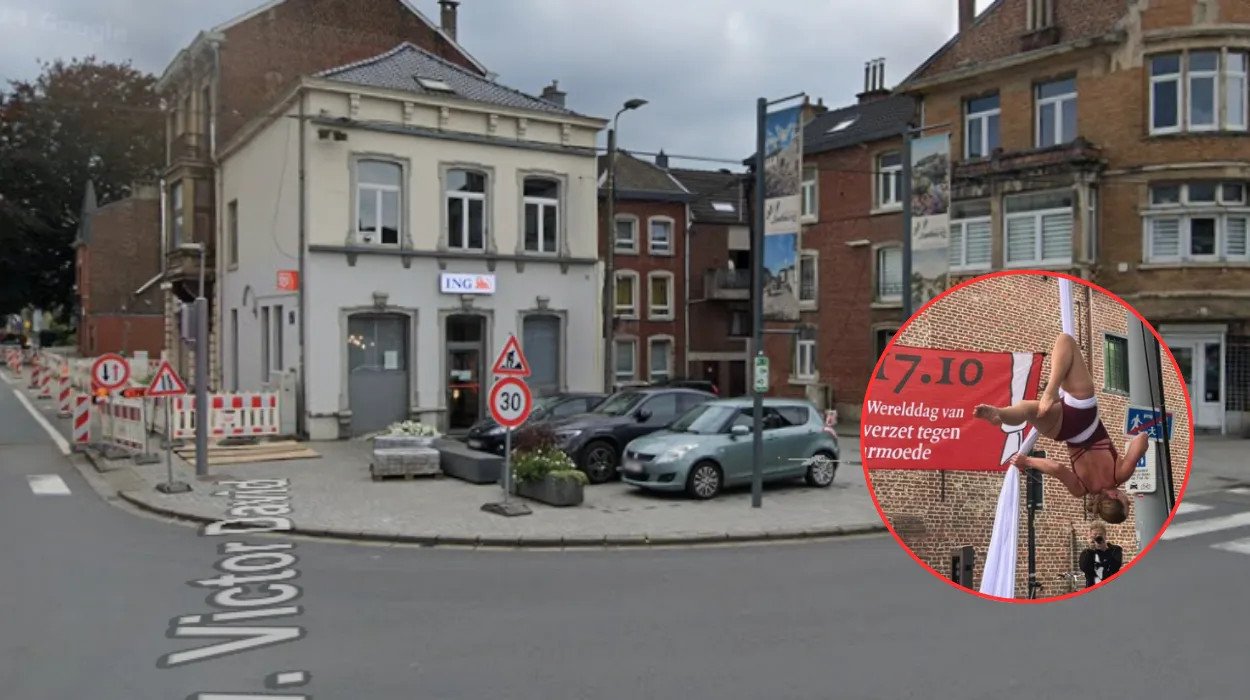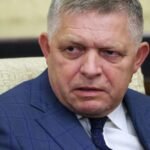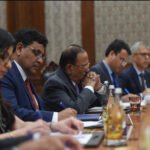Moscow – Iran’s atomic energy head and vice president, Mohammad Eslami, has arrived in Moscow for discussions with officials and to participate in Russia’s Atomic Energy Week, according to Russia’s state-run RIA news agency, which cited the Iranian embassy on Monday, reports 24brussels.
The visit comes amid heightened tensions over Iran’s nuclear program, as the UN Security Council rejected a bid by three European countries to permanently lift sanctions on Tehran. These nations have accused Iran of violating commitments from the 2015 nuclear deal aimed at curtailing its nuclear ambitions.
Iran maintains that it does not seek to develop nuclear weapons, and Russia has reiterated its support for Tehran’s right to pursue peaceful nuclear technology. Russia’s Foreign Minister, Sergei Lavrov, emphasized the importance of Iran’s cooperation with the International Atomic Energy Agency (IAEA), despite recent votes by the Iranian parliament to suspend this collaboration.
Lavrov underscored the necessity of honoring Iran’s Supreme Leader’s assurance that the country does not aspire to create nuclear arms, framing Russia’s stance as one that endorses peaceful nuclear power. This reinforcement of Iran’s rights comes amid ongoing scrutiny of Tehran’s nuclear activities.
How does Russia justify Iran’s right to nuclear energy?
Russia has positioned itself as a key ally for Iran regarding its nuclear energy pursuits. While the UN Security Council deliberated on sanctions, Lavrov clarified that Russia seeks to strengthen Iran’s capacity for peaceful nuclear development while encouraging transparency with international oversight.
When did the Iranian scientists make a secret trip to Russia?
Recent reports have revealed that a group of Iranian scientists linked to Tehran’s nuclear weapons program conducted a clandestine visit to Russia in August 2024. This delegation, led by nuclear physicist Ali Kalvand, aimed to seek dual-use technologies, potentially for military applications, as documented in internal records.
American officials have described Kalvand’s entity, the Organization of Defensive Innovation and Research (SPND), as a successor to Iran’s pre-2003 nuclear weapons program. The delegation, comprising members from various sectors, including military counterintelligence, engaged with Russian researchers and visited firms specializing in sensitive technologies.
This visit and Iran’s ongoing nuclear development have sparked concerns internationally, underscoring the delicate balance of geo-political interests and the challenges in ensuring compliance with global nuclear agreements.

